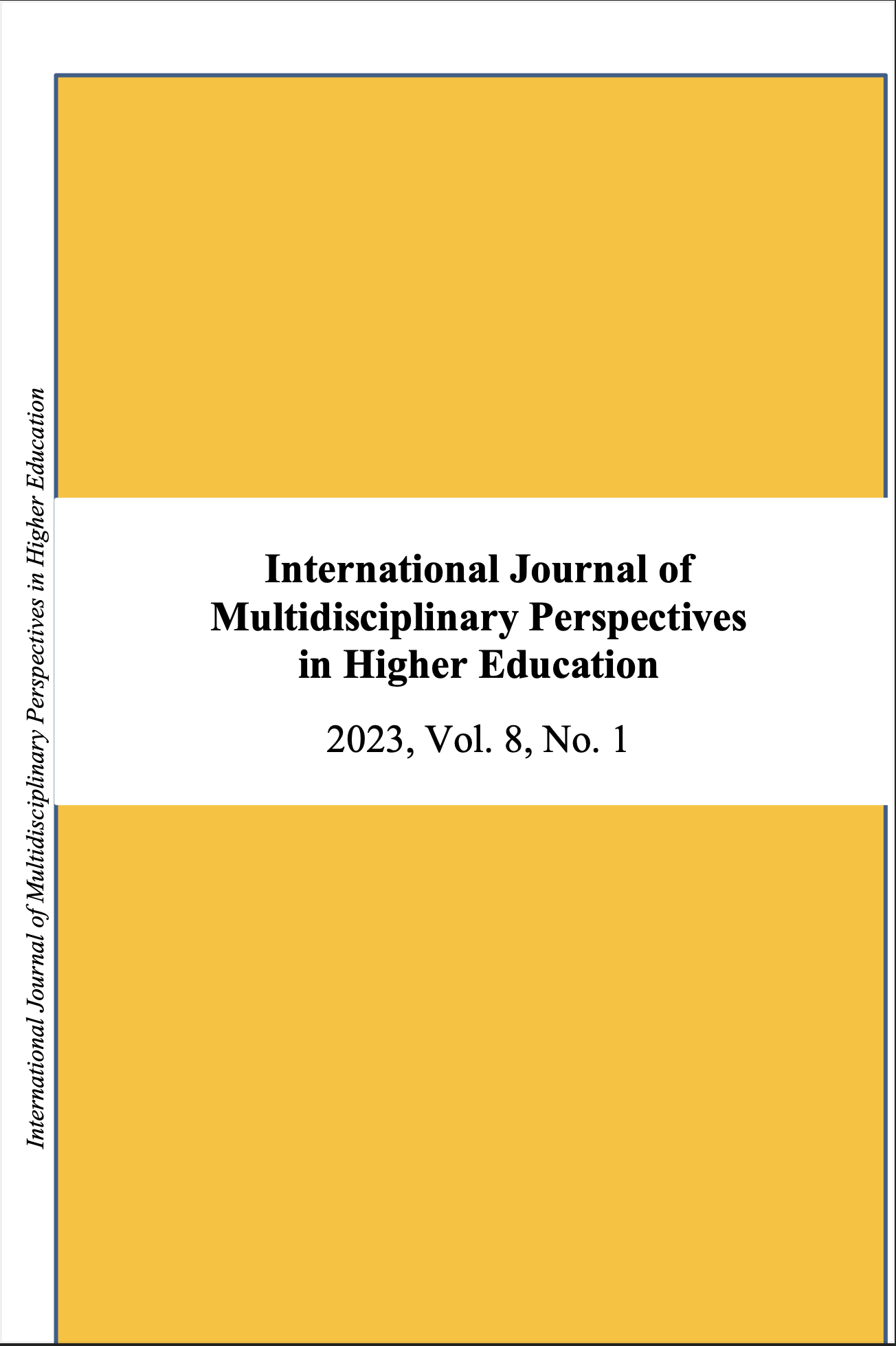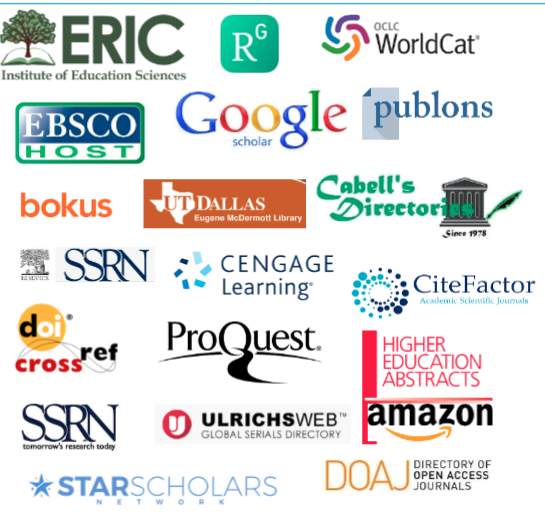How Are HBCUs Coping: Investigating the Impact of the COVID-19 Distance Learning on Instructional Effectiveness at an HBCU in the South
DOI:
https://doi.org/10.32674/jimphe.v8i1.4922Abstract
This study investigates how the rapid transition of the mode of teaching during the onset of the COVID-19 pandemic from the traditional face-to-face to distance learning impacted instructional effectiveness at an HBCU. The study followed a survey research design. The population for this study consists of instructors at Southern University, Baton Rouge Campus. To answer the research question; How did the COVID-19 distance learning at Southern University impact instructional effectiveness? Data was collected from a sample size of 59 faculty or instructors through simple random sampling. Data was collected using the Teachers’ Sense of Efficacy Scale (TSES) by Tschannen-Moran and Woolfolk, (2001) and was analyzed using crosstabulation analysis. The findings from the study reveal that classroom management, student engagement and instructional strategies were impacted by the mode of instruction during the COVID-19 distance learning. Given the political will of the leadership of HBCU institutions across the country, this study recommends that HBCUs: (1) embrace distance learning, and (2) increase opportunities for professional learning.






